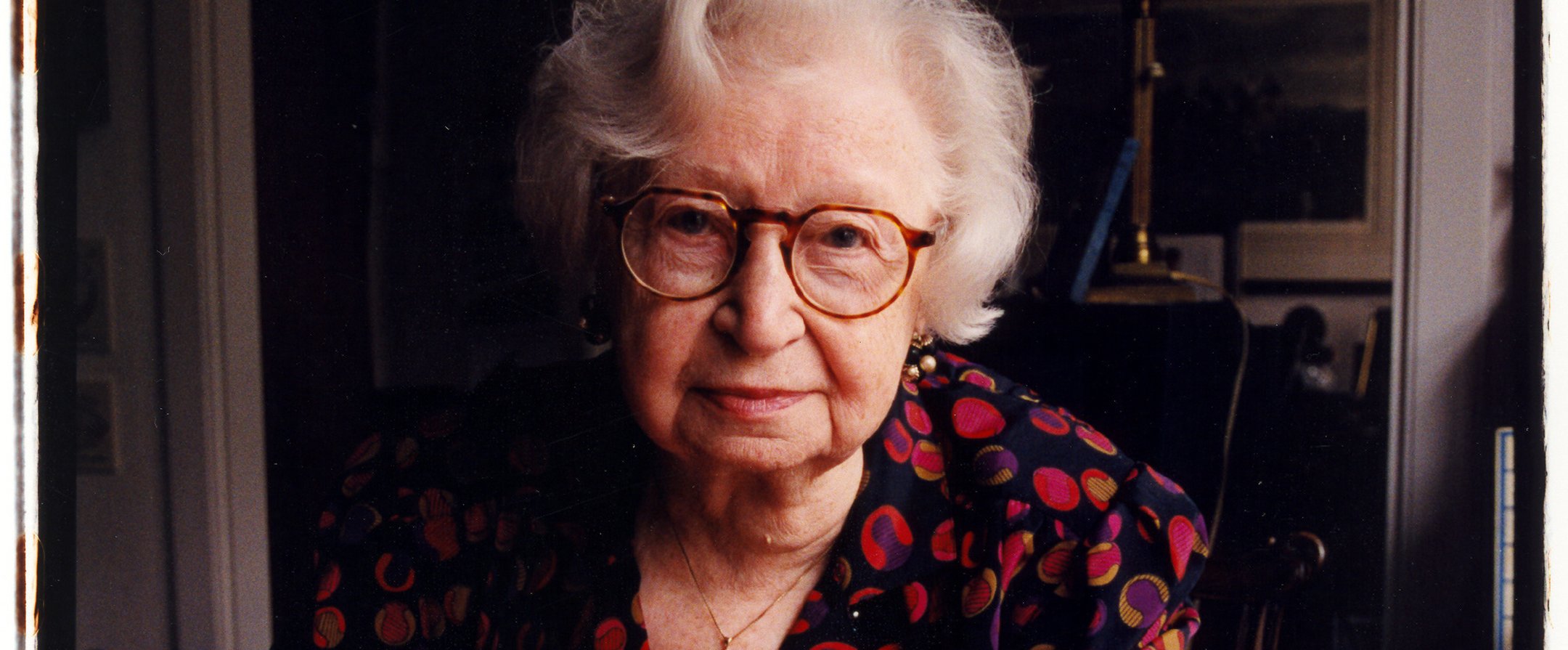How did Anne develop during the years in hiding?
'Anne became more and more adult while they were in hiding. I never noticed that she and Peter were in love. Anne was interested in what was going on in the world. When I spoke to her I had the feeling that I was speaking to an adult. I could tell her everything, including my own opinion. I wasn't far removed from that age, so it really amazed me. And I'd say to myself. "My goodness, child, so young and talking like that already."
She always had questions for everybody. When I came downstairs, Kleiman would ask, "Did she smother you with questions, too?" And then I'd defend her again. I'd say, "Yes, so many I could barely breathe. But let's be happy that she asks so many. Just imagine Anne saying, I can't take it any more. I can see it all now: a crying Anne, a screaming Anne! How would we handle that?" "Yes," said Kleiman, "you’re right."'
Did you know that Anne was writing?
'We all knew that she was keeping a diary, because we supplied her with paper. But writing was something she did on her own. And I'm convinced that neither her father nor her mother were ever present while she was writing. Once I had the feeling that I was disturbing her while she was writing. I went into the Frank's bedroom and saw her sitting near the window, writing. I thought, uh-oh, I'm disturbing her while she's busy with her diary. It was a very uncomfortable situation. I tried to decide what to do. Should I walk away or go to her? At that moment she glanced at me, with a look that I'll never forget. This wasn't the Anne I knew, that friendly, charming child. She looked at me with anger, rage. Then Anne stood up, slammed her diary shut and glared at me with great condescension. "Yes," she said, "I'm writing about you, too".
I didn't know what to say. The only thing I could manage was, "That ought to be interesting". And I left and went back to the office. I sat down at my desk and I just went to pieces. Fortunately Bep didn’t ask what had happened, which is something that I'm glad about to this very day. Because I couldn't have talked about it, and I didn't want to talk about it. I felt so small…'
